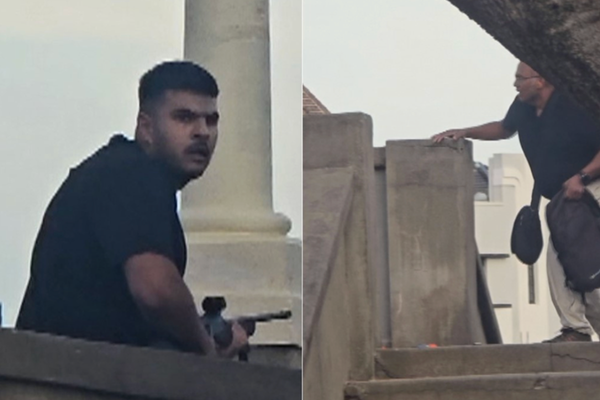
The decision by Brazilian police to charge two more men with the murders of Bruno Pereira and Dom Phillips, in the Javari valley region of the Amazon, brings the possibility of justice one step closer. To the three fishers already in custody for the shootings, which took place one year ago, have been added the alleged leader of a transnational illegal fishing network, Ruben Dario da Silva Villar, nicknamed Colombia (where he also has citizenship). A fourth fisher, Jânio Freitas de Souza, is alleged to have been one of Silva Villar’s henchmen on the Itaquaí river, where the killings took place.
For friends and supporters of the two men’s work defending the Amazon and its Indigenous inhabitants, the investigation’s progress offers some relief. If such acts of violence go unpunished, criminal organisations that wield power in the Amazon will be further emboldened in their use. But even if convictions are secured, this will be the exception and not the rule when it comes to attacks on environmental defenders – defined by the United Nations as people who strive to protect human rights relating to nature.
The risks associated with such work and activism have risen as the climate crisis has escalated. Killings linked to environmental campaigns have been monitored by Global Witness, an NGO, for a decade. It recorded 200 in 2021. For reporters, last year was particularly deadly. The Committee to Protect Journalists counted 67 victims, including Phillips. Fifteen of these were in Ukraine; almost half were in Latin America and the Caribbean. This year there have so far been 12 deaths.
It is too soon to assert with confidence that President Luiz Inácio Lula da Silva has succeeded in ending what he called the “nightmare” of Jair Bolsonaro’s era of devastation, including deforestation and human rights abuses. What is certain is that people around the world, as well as in Brazil, need accurate information about the complex situation in the world’s largest rainforest, which plays a vital part in the climate system and is among the most biodiverse places on the planet.
Organised crime is one threat, with one former police chief warning that illegal miners and drug traffickers could form armies, and take over the region, as happened in Colombia. But multinational mining and agricultural businesses also cause huge damage while making vast profits legally. Deforestation linked to cattle ranching and logging accelerated dramatically under Bolsonaro. But Lula’s attempts to reverse it face powerful opposition. The World Bank, which previously financed forest-clearing industries, has belatedly recognised the destruction of the Amazon as a market failure on a massive scale. It, along with other global institutions, must now be proactive in financing this giant carbon sink. Justice as well as self-interest demands that global north countries contribute to this effort, and do not leave it to Brazil.
Work to conserve what is left of the Amazon, in concert with its Indigenous residents, must be international but also local. Without eyes on the ground, deep in the jungle as well as in the world’s boardrooms and parliaments, no one knows what is actually happening there. Pereira and Phillips lost their lives trying to understand, and to tell the world, about efforts to develop the Amazon – and about efforts to resist such development in favour of less destructive alternatives. It’s in all our interests to carry on what they began.
Do you have an opinion on the issues raised in this article? If you would like to submit a response of up to 300 words by email to be considered for publication in our letters section, please click here.







